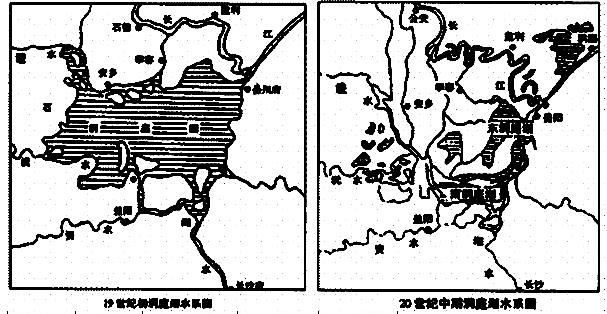Judge Kleinberg got it right when he made it clear that there weren’t separate rules for bloggers and journalists.
That’s not to say bloggers are or aren’t journalists—just that there shouldn’t be a distinction. In other words, the same rules apply to everyone. But—and here’s the tricky part—although the rules apply to people equally, we can, do, and should apply them differently to different acts. Asking whether bloggers are journalists is meaningless. What’s important isn’t the person but the product. If a snoopy 12-year-old girl find evidence that her town’s mayor is taking bribes, then collects it, verifies it, and publishes it on her blog, that’s journalism. If Waiter Cronkite writes in his diary that he planted daisies and washed the dishes that afternoon, that’s not. It’s what’s done, not who’s doing it.
This isn’t something that always needed to be pointed out. In the old days, you could draw a line between journalists and everyone else, just as you could draw a line between any other profession. What you did is what you were: reporter, barber, grocer, tailor, whatever. Journalists were usually hired by newspapers, magazines and radio stations. And they followed certain rules, respecting off-the-record comments, being accurate and not misquoting.
Today, the Web is an essentially way to get news, and, while journalism is pretty much the same, the term "journalist" is getting a bit cloudy. That’s why the question of whether bloggers are journalists keeps coming up. When anyone can publish, anyone can be a journalist. So the questions the courts need to answer is not, "Who is a journalist" but rather, "Who is doing journalism" That 12-year-old girl was doing it, even if she isn’t in high school yet—even if she wasn’t a journalist.
Not being a journalist doesn’t necessarily reduce the quality of the work, nor should it reduce the protections it receives. So when a question of journalists’ rights comes up, we need to ask two questions. First, "What protections should journalism receive under the First Amendment" And second, "Was the person in question performing an act of journalism" If she is—if the work she was doing involves gathering and publishing information of legitimate public interest—then her profession doesn’t matter.
The idea that the line between amateurs and professionals is blurring is something we need to get used to. The Web gives the little guy the same publishing tools as the big guy. Video-editing software is inexpensive enough that the quality of amateurs equals that of many pros. But while our technology is removing age-old distinctions, our perceptions and our laws haven’t quite embraced the new reality. It’s time to shift our thinking.
When the author says "What’s important isn’t the person but the product" (in the second paragraph), he means()
A. rules should not be set to regulate people’s behaviour
B. what is published determines whether the writer is a journalist
C. the quality of news stories determines the quality of a journalist
D. a blogger is a better journalist if he can produce newsworthy stories

